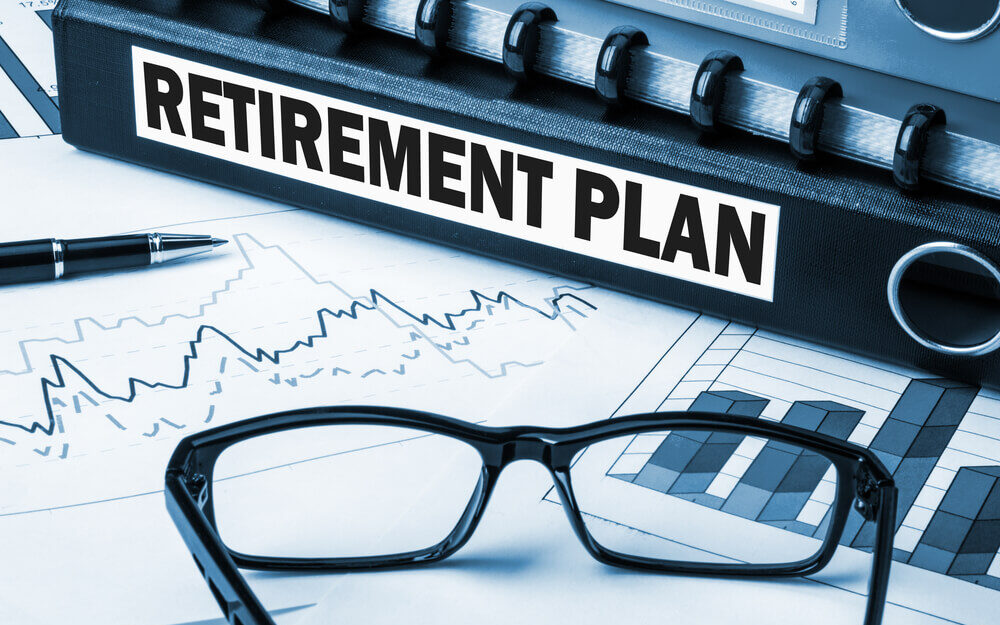Here’s some good news for you.
Not everything our government does is ludicrous. Once in a while, our leaders manage to do something right, despite decades of experience in mucking things up.
It’s easy to forget that the government implemented 401(k) plans and individual retirement accounts (IRAs) to encourage Americans to save more. Both have helped millions of us prepare for retirement.
The last major tweak to the financial planning landscape came from the SECURE Act of 2019. It cut costs and red tape for small business’ 401(k) plans and raised the age for required minimum distributions (RMDs) from 70 ½ to 72.
Now Congress is close to rolling out a “SECURE Act 2.0.” The House of Representatives approved a version in March by a wide bipartisan margin (414-5). The Senate is also finishing up its own version.
You know how this works. The two chambers have to iron out any differences, which might take a while. As dysfunctional as Congress is, it might all die on the cutting room floor.
Assuming our fearless leaders can get out of their own way, we have a pretty good idea of what‘s coming based on the two versions making the rounds now.
SECURE Act 2.0 Changes
Automatic 401(k) Enrollment
A provision in the House’s bill would require companies to automatically enroll their employees in a 401(k) at a contribution rate of at least 3%, which would increase yearly until it reached 10%.
Workers could opt out, but the company would enroll them by default.
If you’re reading this, I don’t see this impacting you much.
I can’t imagine you’re not already contributing to your 401(k). If your company offers a 401(k) and you’re not contributing to it … don’t tell me.
You don’t want to be responsible for my head exploding.
But overall, this is a solid idea and will give many Americans the little nudge they need to save.
A “Lost and Found” for Small 401(k) Balances
I’m very organized with my money. If I weren’t, I wouldn’t be good at my job. But even I admit dealing with small 401(k) plans can be a nightmare.
If you’re young and change jobs often, it’s easy to end up with small 401(k) balances here, there and everywhere. It’s easy to lose track.
Under current proposals, companies could kick you out of their plan if you change jobs and your balance was less than $7,000 and roll it into a transferrable IRA.
On a related note, the House and the Senate both have a proposal to create a retirement “lost and found” to help ex-employees find old plans that may have gotten lost in the shuffle.
If you moved from job to job earlier in life, you might have a nest egg floating around that you forgot existed.
And Now the Good Part
Here’s the best part.
Workers aged 50 or older can already make stepped-up contributions of an extra $6,500 ($27,000 total vs. the standard $20,500 in 2022). Under the new House bill, workers aged 62 to 64 can make stepped-up contributions of $10,000, totaling $30,500 in 2022.
The Senate proposal is different, applying to those aged 60 to 63.
Both proposals would require the catch-up contributions to be put into a Roth account. You wouldn’t get a tax break in the year you contributed, but you’d be free of taxes once you took distributions in retirement.
Along the same lines, both House and Senate SECURE Act 2.0 proposals would raise the required minimum distribution age to 75, albeit on a different timeline.
Now for the best best part…
A Huge Roth IRA Change in SECURE Act 2.0
The Senate and the House proposed allowing workers to get their company-matched contributions in Roth form.
That’s huge.
Employer matching is free money. Now that free money will be 100% clear of all taxes, as Roth contributions are not taxable when distributed.
Bottom line: This is still a rough time to be investing. We’re in a bear market. It is what it is.
But we still have retirements to prepare for, and boosting our 401(k) balances is a big part of that conversation.
Remember, you can keep your 401(k) balance in cold hard cash if you want. The most important thing is getting the funds in place so that when you’re ready, you can deploy them ̶̶ ̶ tax free!
To safe profits,
Charles Sizemore, Co-Editor, Green Zone Fortunes
Charles Sizemore is the co-editor of Green Zone Fortunes and specializes in income and retirement topics. He is also a frequent guest on CNBC, Bloomberg and Fox Business.






